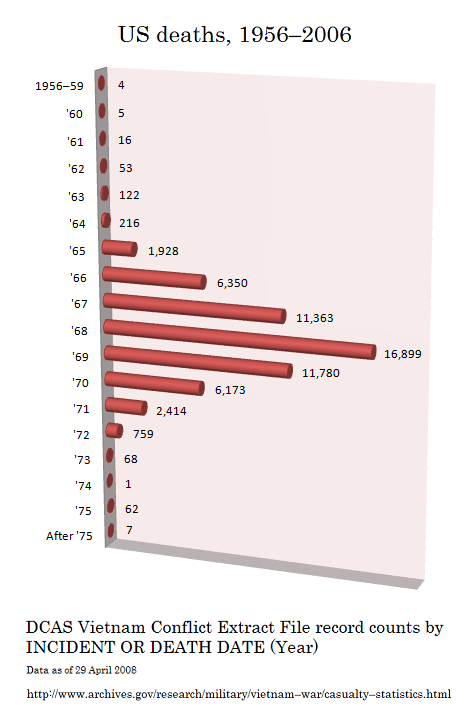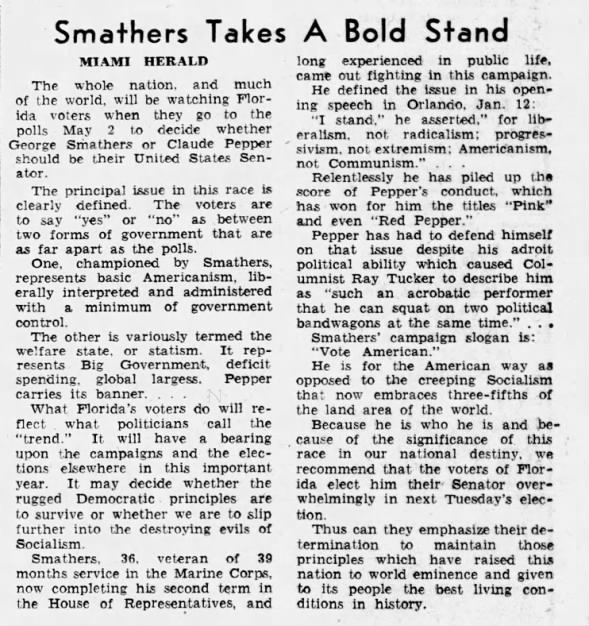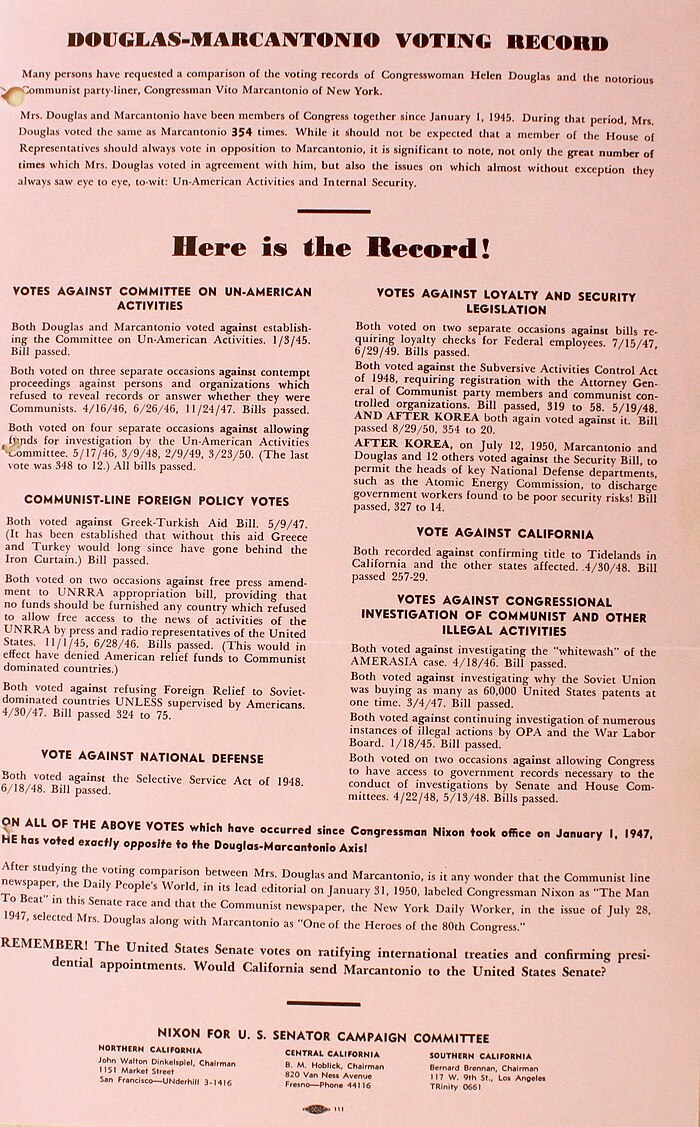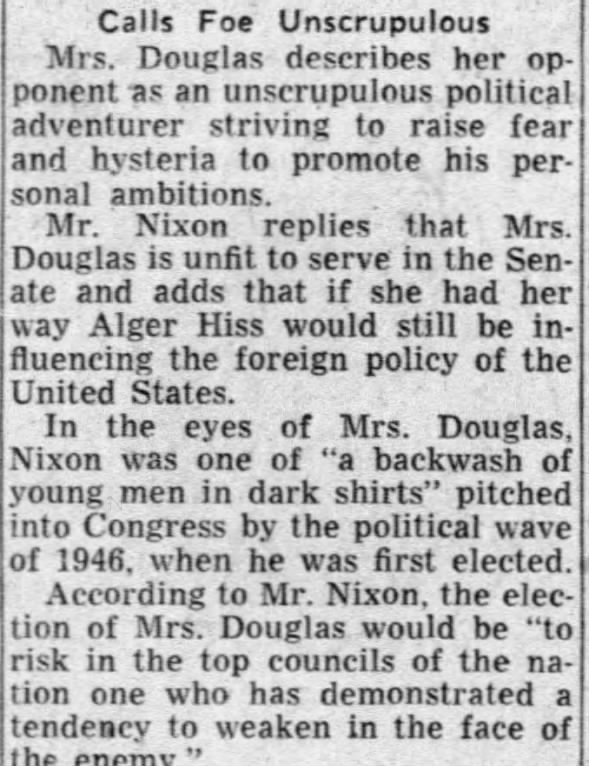For Tuesday, Matthews ch 20, Nelson ch. 6-7
- January 17: In his State of the Union Address, LBJ says: "The number of South Vietnamese living in areas under Government protection tonight has grown by more than a million since January of last year."
- January 23: North Korea seizes the USS Pueblo, claiming the surveillance ship strayed into its waters. One U.S. crewman is killed and 82 others are imprisoned; an 11-month standoff with the United States follows.
- January 30: North Vietnamese communists launch the Tet Offensive. The assault contradicts the Johnson administration’s claims that the communist forces are weak and the U.S.-backed south is winning the war. Public opinion continues to turn against the war.
- February 7: After a battle for the Vietnamese village of Ben Tre, an American officer tells Associated Press reporter Peter Arnett, "It became necessary to destroy the town in order to save it."
- February 29: The report of the Kerner Commission, appointed by President Lyndon B. Johnson to examine the causes of race riots in American cities in previous years, declares the nation is..."moving toward two societies, one black, one white--separate and unequal." Nixon criticizes the commission for its "its tendency to lay the blame for the riots on everyone except the rioters." MOST AMERICANS AGREE WITH NIXON. FEAR OF CRIME TOPS THE NATIONAL AGENDA.
- March 5: The government of Czechoslovakia abolishes censorship, underscoring the expansion of freedom during the “Prague Spring” and angering its Communist overlords in the Soviet Union.
- March 12: Nixon wins 78 percent of the vote in New Hampshire’s GOP primary. Eugene McCarthy, Minnesota’s antiwar senator, takes a shocking 42 percent of the Democratic vote.
- March 16: New York Senator Robert F. Kennedy enters the race for the Democratic presidential nomination, saying McCarthy’s showing in New Hampshire “has proven how deep are the present divisions within our party and country.” It “is now unmistakably clear that we can change these disastrous, divisive policies only by changing the men who make them."
- March 31: LBJ announces he is not running for re-election.
- April 4: Martin Luther King Jr., in Memphis for the sanitation workers’ strike, is fatally shot on the April 4: balcony of the Lorraine Motel. Gunman James Earl Ray, a white supremacist, flees the country. Over the next week, riots in more than 100 cities nationwide leave 39 people dead, more than 2,600 injured and 21,000 arrested. RFK then gave an extemporaneous speech.
- April 11: In the wake of Baltimore riots, Maryland Governor Spiro Agnew summons civil rights leaders...to attack them.
- April 23: Students take over five buildings on Columbia University’s campus and briefly hold a dean hostage, calling for the university to cut its ties to military research. Before dawn on April 30 administrators call in the police, who respond with about 1,000 officers. More than 700 people are arrested, and 132 students, four faculty and 12 officers are injured. Protests are unpopular, especially among people who have not been to college (who account for most adults in 1968). In 1970, the hardhats would get their revenge.
- May 17: Nine antiwar activists -- including Father Daniel Berrigan and Father Philip Berrigan -- enter a Selective Service office in Catonsville, Maryland, remove nearly 400 files and burn them in the parking lot with homemade napalm. The example of the Catonsville Nine (later convicted of destruction of government property and sentenced to jail terms between 24 and 42 months) spurs some 300 similar raids on draft boards over the next four years.
- June 4: Robert F. Kennedy, gaining momentum in his presidential campaign, wins the California primary—and is assassinated at the Ambassador Hotel in Los Angeles. Gunman Sirhan Sirhan, a Jordanian citizen of Palestinian descent, is captured at the scene. After Newsom denied him parole, he remains in prison. No, Kennedy probably would not have won the nomination if he had lived.
- August 5-8: Republican National Convention formally nominates Nixon for president.
- August 20: The Soviet Union invades Czechoslovakia, halting the Prague Spring.
- August 28: At the Democratic National Convention in Chicago, police and Illinois National Guardsmen go on a rampage, clubbing and tear-gassing hundreds of antiwar demonstrators, news reporters and bystanders, with much of the violence broadcast on national TV.
- Roper sums up public opinion: "The country certainly appeared to sympathize with the police more than the protestors. In a Gallup poll, 56% approved of the police response to anti-war protestors and 31% did not. In a Harris survey, 66% agreed that Daley was right in the way he used police against the demonstrators, against only 20% who disagreed. Just 14% in the same poll agreed that protestors had had their rights to protest taken away; 66% who did not. "
- The next day, Vice President Hubert Humphrey, perceived as the heir of Johnson’s war policies, wins the nomination, chooses Senator Edmund Muskie of Maine as his running mate.
- Law, order and the Supreme Court:
- "Let us always respect, as I do, our courts and those who serve on them. But let us also recognize that some of our courts in their decisions have gone too far in weakening the peace forces as against the criminal forces in this country and we must act to restore that balance. Let those who have the responsibility to enforce our laws and our judges who have the responsibility to interpret them be dedicated to the great principles of civil rights. But let them also recognize that the first civil right of every American is to be free from domestic violence, and that right must be guaranteed in this country."
- "Tonight I see the face of a child"
- Bill Gavin reflects on the speech






















